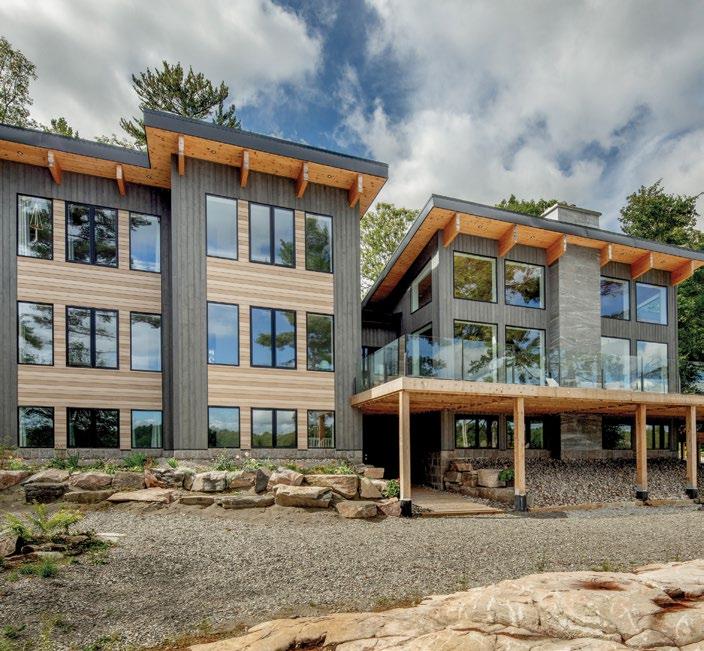
1 minute read
Future-looking Treatment Innovations
Spotlight: Treatment Close to Home in the Kitimat-Stikine Region
Some regions of B.C., with vast distances between communities and complex healthcare and wellness issues (including mental health and addiction) are responding with innovative new care models and facilities. For instance, the Mills Memorial Hospital Replacement Plan includes expansion of Seven Sisters, a regional mental-health facility. “Seven Sisters is a valuable facility in Northwest B.C.,” says Colleen Nyce, chair of the Northern Health Board. “The increase in the number of beds, the size of the facility and the amenities in the facility will improve the quality of living and care for patients and improve the ability for staff to give that care.” Northern Health notes the doubling of both facilities means staff are in demand to fill a long list of new roles, including Indigenous patient liaisons, dieticians, lab techs and health-information professionals.
Advertisement
The Northern First Nations Alliance (NFNA) is also planning to build a full-service detox and wellness facility in Terrace. The 12,000-member NFNA proposes that the new space address multiple issues (like mental health, homelessness and addictions) and promote cultural programming such as traditional medicine and healing practices distinctive to the northwest First Nations. The Pacific Northwest Division of Family Practice, a communitybased group of family physicians, is lobbying the Regional District of KitimatStikine to form a task force that will develop a business plan outlining the benefits of the detox facility to serve the regions’ residents.
The community of Kitimat has big plans to ensure its most vulnerable residents get the care they need. A new 44-unit safe-housing development is being built to support women and children leaving violence. The project came together with community partners including the Tamitik Status of Women Association, the District of Kitimat, B.C. Housing and Canada Mortgage and Housing Corp. “The District of Kitimat is proud of its support and to see this housing become a reality,” says mayor Phil Germuth. “This development means a safer community for our residents who need that support the most. The on-site daycare at this facility will also provide an immense benefit to our local families and will support our residents’ ability to work in the community.”
Although supply-chain issues and increasing construction costs have slowed down progress, the Kitimat Valley Housing Society (KVHS) is still as dedicated as ever to raising $5 million to make the Dementia Home Pilot Project a reality. KVHS notes the design of the state-of-the-art building has been informed by current research in elder care, specially addressing the challenges faced by people living with dementia.









